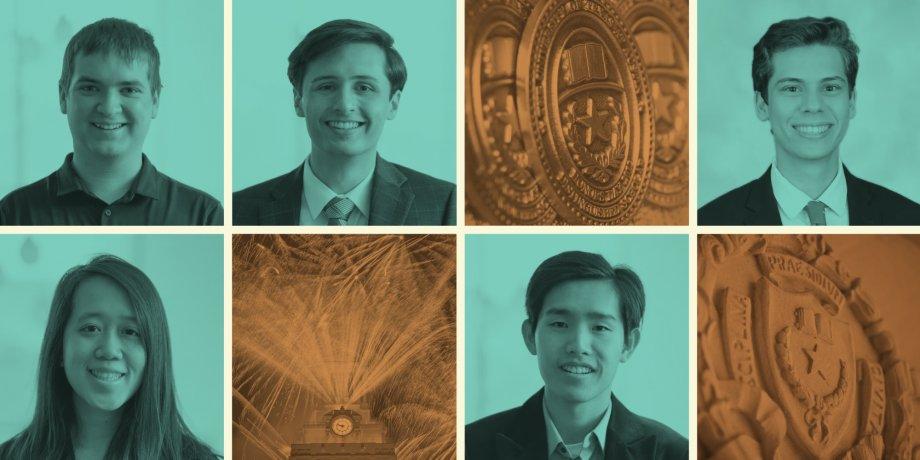
As part of Spring Commencement 2023, the College of Natural Sciences recognizes the Dean’s Honored Graduates, the highest honor given by the college to its graduating seniors. The award has been given since 1991.
Read on to find out more about the five outstanding UT Computer Science students selected this academic year.
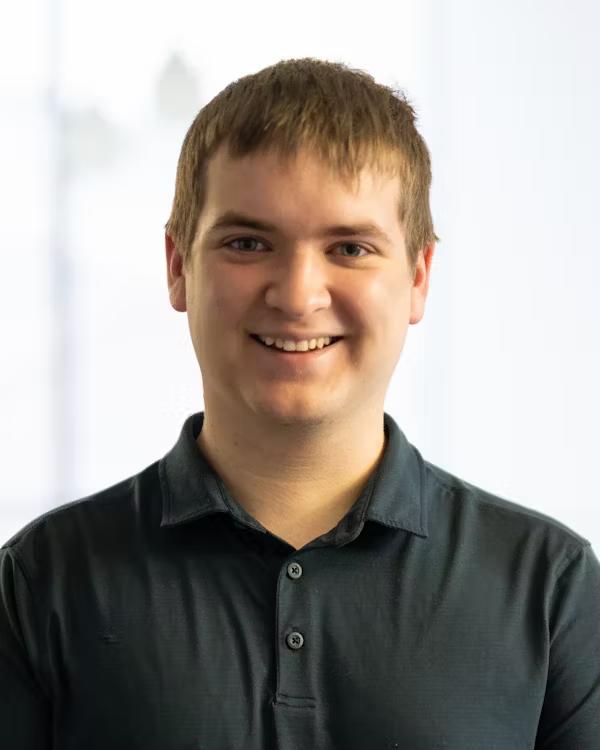
Eli Bradley
Eli Bradley hails from Austin, Texas, and will graduate with Bachelor of Science degrees in Mathematics and in Computer Science, with Turing Scholars honors. He worked with Brian La Cour, Travis Cuvelier and Andrew Lanham at Applied Research Laboratories at The University of Texas (ARL:UT) studying quantum and classical error correction. His work in this group focused on optimizing correcting codes for quantum error and applying insights from the field of quantum error correction to classical error correction, which saw some improvements over traditional classical codes. For this research, Bradley co-authored a paper that was published and presented at MILCOM 2022 (Military Communications Conference), titled “Generalized Noncoherent Space-Time Block Codes from Quantum Error Correction.” Bradley also worked with Anna Gal on research in the field of Fourier analysis of Boolean functions and communication complexity and presented an honors thesis titled “Fourier Analytic Methods in Complexity Theory.” He received the Thomas and Elizabeth Merner Scholarship in Natural Sciences. Outside of school, Bradley has greatly enjoyed being part of the community in Young Life and in the Reformed University Fellowship (RUF). After graduation, Bradley will pursue a Ph.D. in theoretical computer science at UT Austin.
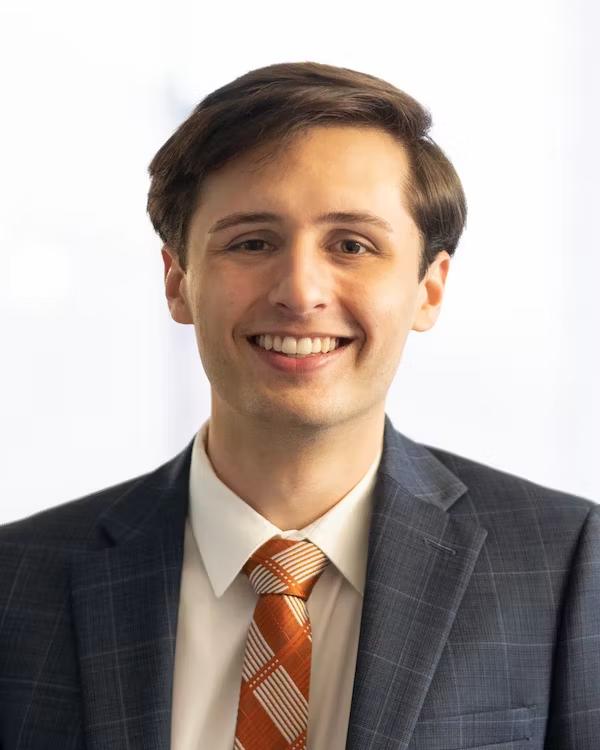
Brandon James Curl
Brandon Curl is a graduating Polymathic Scholar earning a B.S.A. Honors in Physics with the Elements of Computing and the Evidence and Inquiry certificates. As a campus leader, Curl worked to improve the experiences of students within the College of Natural Sciences through his involvement in the Natural Sciences Council and the Society of Physics Students. Beyond the Forty Acres, he directed an outreach program called Kids Who Code, which teaches fundamental computer science concepts to underprivileged middle school students in the Austin community. Achieving the highest standards in scholarship, service and character, Curl has been named the Texas Parents Association Outstanding Student, a three-year Distinguished College Scholar and a recipient of the college’s Second- Year Excellence Award. Curl also served others through his research under Caroline Chung. As a liaison between MD Anderson Cancer Center and UT’s Center for Computational Oncology, Curl utilized MRI-calibrated mechanistic models to predict the response of high-grade gliomas to chemoradiation. Curl’s research at the intersection of machine learning and mathematical modeling fueled his passion for computer science. After graduation, Curl will work full-time as a software engineer at Advanced Robotics Group in Houston, Texas.
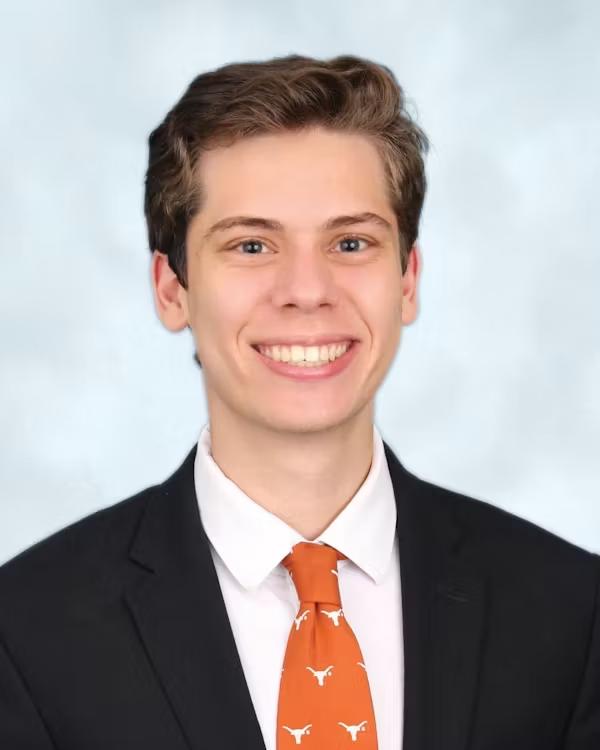
Matthew Giordano
Matthew Giordano is a Turing Scholar graduating with a B.S. in Computer Science. During his time at UT, Giordano has researched the intersection of computer architecture and systems. Namely, he has worked with Chris Rossbach on exploring novel techniques to virtualize accelerator memory, and this research was presented at ASPLOS ’23, the ACM International Conference on Architectural Support for Programming Languages and Operating Systems. Giordano also researches CPU microarchitecture with Calvin Lin, where he is exploring the potential for reprogrammable hardware to speed up everyday machines. Outside of research, Giordano plays on the club ultimate frisbee team at UT, and he has served as the treasurer and head of alumni relations for Lambda Chi Alpha. Recently, Giordano has been inducted into Phi Beta Kappa and is the recipient of a National Science Foundation fellowship. He will continue his research pursuing a Ph.D. in computer science at the University of Washington.
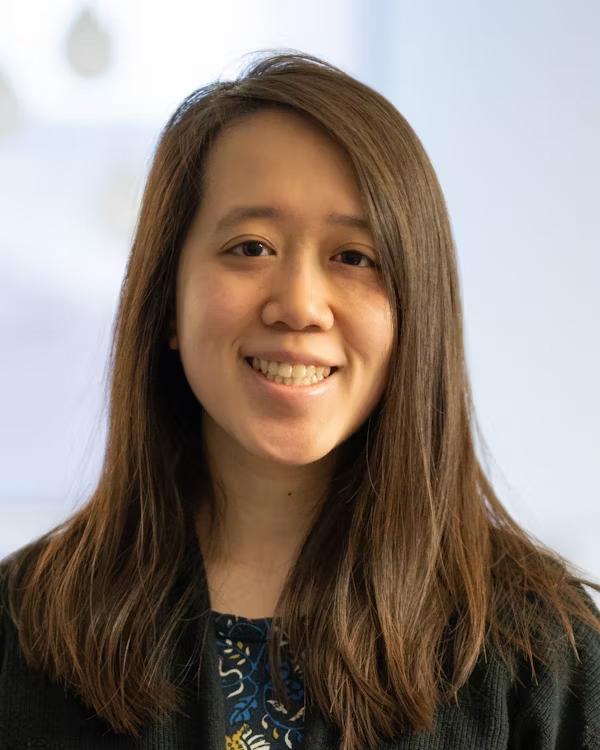
Megan Khiet Le
Megan Le is graduating with an integrated B.S. in Computer Science/M.S. in Computational Science, Engineering and Mathematics and received a B.S. in Mathematics and a B.A. in English in 2022. In the lab of Vagheesh Narasimhan, Le analyzed ancient DNA to detect signals of natural selection, resulting in a first-author manuscript, a platform talk at the American Society for Human Genetics’ 2022 Annual Meeting and four invited seminar talks. She also worked with the Computational Research in Ice and Ocean Systems group to analyze modeled currents in the Equatorial Undercurrent, resulting in a second-author manuscript. Her earliest research experience was in the Freshman Research Initiative (FRI) Computational Materials stream, where she developed haptic device software for chemical system simulation and presented her work at TACCSTER 2019. In addition to her research activities, Le was a course assistant for Principles of Computer Systems, tutor at the Sanger Learning Center, FRI peer research mentor and volunteer with Coding in the Classroom and Hour of Code. Outside of the classroom, she enjoyed playing oboe and piano in the Engineering Chamber Orchestra and UT University Orchestra. In the fall, Le will pursue a Ph.D. in computer science at the Massachusetts Institute of Technology with the support of an MIT EECS Great Educators Fellowship.
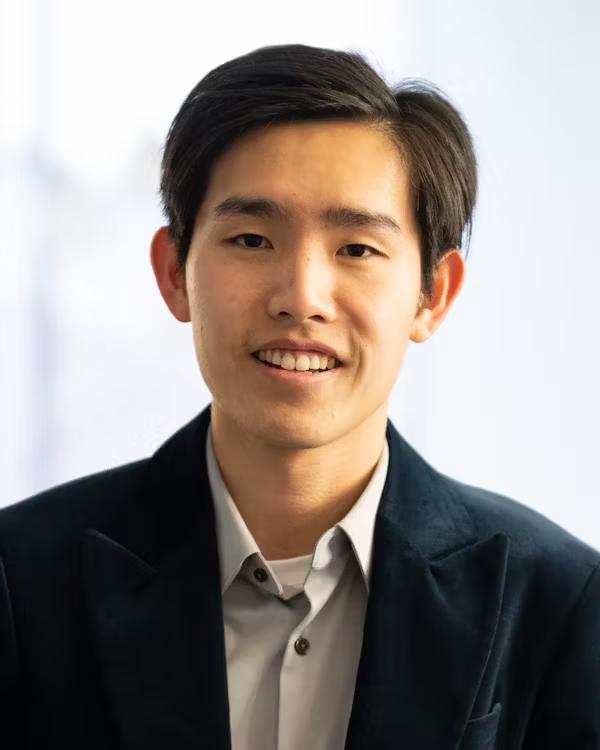
Stanley Wei
Stanley Wei is a Turing Scholar from Sugar Land, Texas, receiving degrees in Computer Science and Mathematics. His research interests lie in machine learning theory, where he develops novel mathematical frameworks and arguments to explain the success of artificial intelligence models that have emerged in the last decade (e.g., computer vision, self-driving cars, large language models). Throughout his undergraduate years, he has worked extensively on the subfield of deep learning theory with Adam Klivans at UT Austin and Simon Du at the University of Washington, seeking to theoretically understand why deep neural networks generalize so well in practice despite the presence of extreme overfitting of data. His work has resulted in a first-author paper submission to a top machine learning conference, as well as a presentation in a Simons Institute workshop. Wei is involved in intramural ultimate frisbee, a badminton club and a competitive programming club, where his team placed second at this year’s ICPC regional contest. In his free time, he can be found balling at Gregory Gym with his friends, playing board games and prompting ChatGPT. After graduation, Wei will be pursuing a Ph.D. at Princeton University, with hopes of one day closing the theory-practice gap in machine learning.
Excerpt cross-posted from CNS News. Read the article to learn about the other 22 CNS students who made the Dean's Honored Graduates list!



